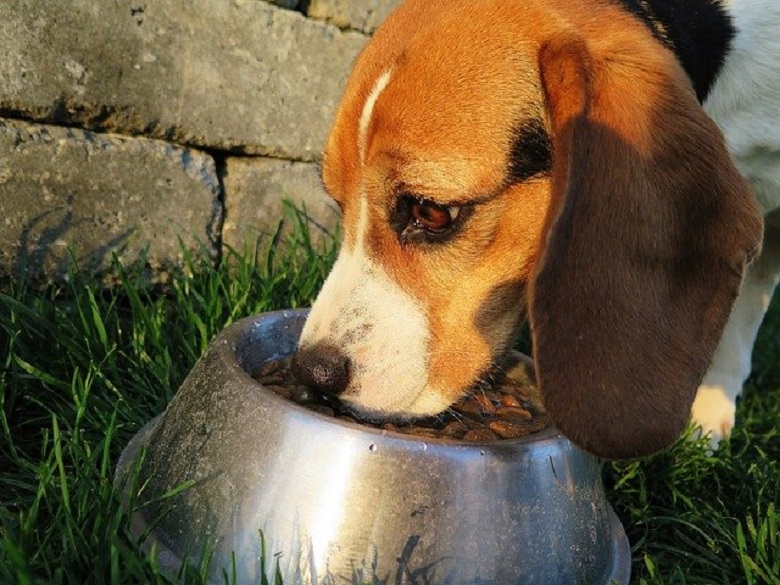Many dogs are on diets composed primarily of grains, despite widespread evidence that many commercial dog foods are harmful.
A study in the American Veterinary Medical Association journal tested 25 commercial brands against a control group consisting of over 100 dogs and their owners. It found that some brands had higher levels of magnesium and zinc, which can negatively affect your dog’s health.
This shocking revelation stresses the need for switching to natural dog food solution providers like Vetalogica.
Feeding your dog a non-grain diet can help them to live longer, healthier, and happier lives. Check out the real benefits of a natural, non-grain diet below.
Heal Your Dog Naturally
A natural grain-free diet will help heal your dog’s ailments and improve their overall quality of life. A raw, non-grain diet can be an effective healing treatment for dogs with chronic health conditions like allergies, arthritis, and gastrointestinal (GI) issues.
You May Also Like: Dog Talk: What Your Dog Is Trying to Tell You
Better Digestive Health
Many dogs experience stomach issues, and it is not always easy to determine the cause. Often, a dog’s diet may play a role in how they feel. Dogs with food sensitivities or allergies can have skin or joint issues as well. They may also experience bloating or gas as a result of the food they eat.
If you’re unsure whether your dog is experiencing these problems, it is beneficial to try a natural diet for at least 30-days to see how their body reacts.
Improved Skin and Coat
A dog eating a grain-free diet is more likely to have a shiny coat, better skin, and fewer signs of allergies. In addition, dogs that eat a grain-free diet are more likely to have less oily coats and mats, better skin without the redness or itchiness that many grains can cause, and fewer signs of allergies than dogs who eat a grain-rich diet.
Strong Teeth and Bones
Most dogs are used to eating meat-based foods such as chicken or beef, but some dogs have sensitive teeth and digestive tracts, which can cause problems when they eat meat-based foods.
For this reason, many owners have switched their animals to non-grain-based diets. Such as raw meats and vegetables instead of grains like kibble or canned food or treats made from grain-based ingredients like flour, cornmeal, and cereal grains.
Low Allergy Reactions
Dogs on a grain-free diet are less likely to suffer from allergy symptoms, such as itchy skin and runny nose. In addition, a study conducted by the University of Helsinki found that dogs on a grain-free diet are less likely to be allergic to pollen, dust mites, and other things in their environment.
However, some pet parents may be hesitant to try it because of the lack of available alternative grain-free foods. Still, it is possible to get it online from some reputed grain-free dog food sellers like Vetalogica.
Reduce the Risk of Canine Diabetes
In recent years, canine diabetes has been on the rise due to the high-calorie content of today’s dog food. As a result, more than half of the dogs are at risk for developing type 2 diabetes. Thus, dog owners must switch from grain-based diets to non-grain-based dog foods to reduce this risk.
Final Words
You can take your pet to a veterinarian to be evaluated for a grain-free diet. The vet will assess your companion’s eating habits and nutritional needs so that he or she can be fed the appropriate type of food if needed.

